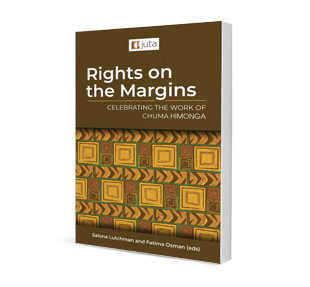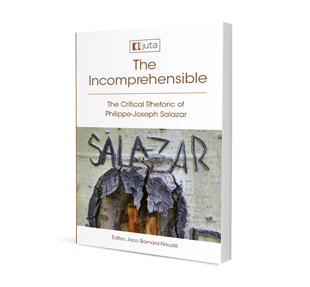Gender equality in customary marriages: Is the deregulation of customary marriages the solution?

Gender equality in customary marriages: Is the deregulation of customary marriages the solution?
Author Pieter Bakker
ISSN: 1996-2088
Affiliations: BLC LLB LLD (UP); Professor, University of South Africa
Source: Acta Juridica, 2023, p. 152 – 185
https://doi.org/10.47348/ACTA/2023/a7
Abstract
Although the Recognition of Customary Marriages Act 120 of 1998 (RCMA) contains provisions to ensure equality between the spouses in a customary marriage, the RCMA has serious deficiencies that are detrimental to the weaker party in customary marriages. To rectify the deficiencies in customary marriages and other relationships, the South African Law Reform Commission (SALRC) and the Department of Home Affairs (DHA) are conducting simultaneous investigations into South African marriage law. This article critically discusses the proposals of the SALRC and the DHA to determine whether the proposed legislation will address the current deficiencies in the RCMA. As an alternative to the proposals of the SALRC and the DHA, the deregulation of customary marriages is advanced as a solution to the inequitable position of spouses in customary marriages under the RCMA. isiNdebele: Nanyana umThetho wokwAmukela imiTjhado yesiNtu we-120 ka-1998 (Recognition of Customary Marriages Act (RCMA)) umumethe iindinyana zokuqinisekisa ukulingana phakathi kwabalingani emtjhadweni wesintu, i-RCMA inokutlhayela okukhulu okulimaza ihlangothi elibuthakathaka emitjhadweni yesintu. Ukulungisa ukutlhayela lokho emitjhadweni yesintu kanye nobunye ubudlelwano, iKomitjhini yokuBuyekezwa kwemiThetho yeSewula Africa (South African Law Reform Commission (SALRC)) kanye nomNyango wezangeKhaya (Department of Home Affairs (DHA)) benza iphenyo ngesikhathi sinye mayelana nomthetho wemitjhado weSewula Afrika. I-atikili le ihlathuthula kabanzi ngeemphakamiso ze-SALRC ne-DHA kobana kuthathwe isiqunto sokobana ingabe umthetho ohlongozwako uzokuqalana nokutlhayela kwagadesi okuku-RCMA. Njengenye indlela yeemphakamiso ze-SALRC ne- DHA, ukuqedwa kwemithetho yemitjhado yesintu kuthuthukiswe njengesisombululo sobujamo bokungalingani kwabalingani emitjhadweni yesintu ngaphasi kwe-RCMA.
